
Do we know how long it took the Sun to form?
While there is consensus that our Sun formed about 4.6 billion years ago from a molecular cloud of gas and dust, less has been known about how long the formation of the star…
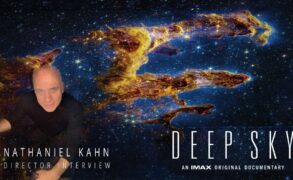
INTERVIEW: Talking telescopes with the Director of new IMAX movie ‘Deep Sky’
Deep Sky is directed by Oscar-nominated filmmaker Nathaniel Kahn: a new film which uses the scale of giant IMAX screens to take audiences on a journey to the beginning of time and space,…
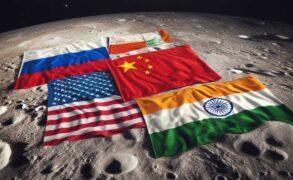
Who owns the Moon?
In 1967, the United Nations adopted the “Outer Space Treaty”, according to which no nation can claim sovereignty over outer space. It also stated that the Moon and other heavenly bodies are to…
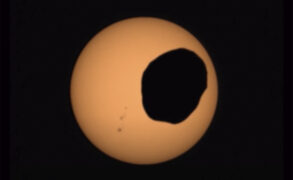
Do other planets have solar eclipses?
Do the other Solar System planets also experience total and partial solar eclipses like the ones we witness on Earth? The answer is yes: solar eclipses frequently happen throughout the Solar System. A…

New tool will help black-hole hunters re-examine old data
Astronomers have a new way of detecting active black holes and of measuring how much matter they are sucking in. Scientists say that the new technique can use existing data from telescopes to…

Look to the skies: rare chance to see candidate for Star of Bethlehem?
Right on the solstice, a ‘great conjunction’ of Jupiter and Saturn will occur when the two planets converge shortly after sunset Australia time tonight, Monday 21 December. They will appear almost as one…

Teaching humans to hibernate
The idea of making astronauts hibernate on long space missions often appears in science fiction, but now it is one step closer to reality. Scientists from the University of Tsukuba in Japan have…

Martian colonists could live in ancient volcanic lava tunnels
Scientists have discovered the safest place to build a permanent base on Mars: lava tunnels created by volcanoes that are now extinct. Unlike Earth, Mars does not have a magnetic field that protects…
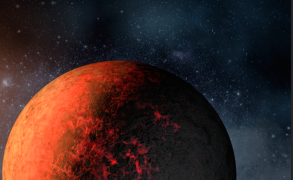
A one-way ticket to Keplar-20b
Could we ever get home from a super-Earth? It’s hard enough for huge rockets to provide the energy required to launch into orbit from Earth. But what if the field of gravity was…
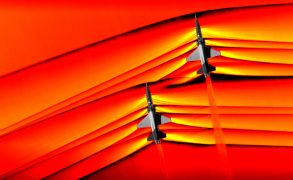
Compressed air: sonic shock waves collide
When a plane flies faster than the speed of sound, the pressure waves in front don’t have time to flow around the aircraft and the air becomes compressed, eventually producing a shock wave,…


